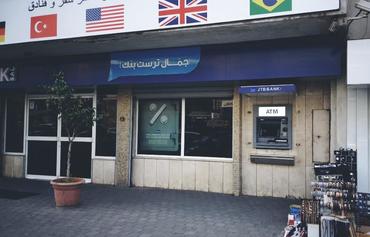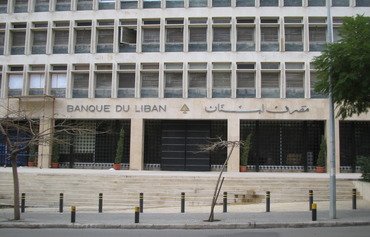By tightening existing sanctions on Hizbullah, a new US bill aims to weaken the Lebanese militia by drying up its foreign sources of revenue, the primary source of which is the Iranian regime.
On September 28th, the US House Committee on Foreign Affairs approved H.R. 3329, the Hizbullah International Financing Prevention Amendments Act of 2017, which impose tighter sanctions on the militia.
These include mandatory sanctions on fundraising and recruitment activities for Hizbullah, modifications to listed financial institutions that engage in certain transactions, and sanctions against foreign states that support Hizbullah, which is a designated foreign terrorist organisation.
They include prohibitions and conditions on some accounts held by foreign financial institutions, and provisions to curb transnational criminal activities engaged in by Hizbullah, such as narcotics trafficking and money laundering.
The amendments plug loopholes in the original law and intensify the crackdown on Hizbullah's finances as it expands its activities in Syria with Iran's backing.
Sanctions target the militia's fundraising activities in particular.
They include freezing of assets, blocking of financial transactions and a ban on the issuance of visas to the US, and name Hizbullah-linked institutions such as Bayt al-Mal, Jihad al-Bina and the Islamic Resistance Support Association.
Also named are the militia's Foreign Relations Department, External Security Organisation, al-Manar TV, al-Nour Radio and the Lebanese Media Group.
The goal of the sanctions
The US sanctions on Hizbullah seek to create a legal framework to encircle Iran economically and financially, economist Jassim Ajaka told Al-Mashareq.
They also aim "to dry up Hizbullah's funding sources", he said, noting that Hizbullah chief Hassan Nasrallah has said the militia does not directly hold bank accounts.
Hizbullah has been transferring funds into Lebanon from other countries through supporters who bring in funds under the guise of economic activities carried out in their names or those of companies affiliated with them, he said.
"Therefore, those individuals -- and as a result Hizbullah -- must face economic and financial consequences," Ajaka said.
An additional objective is to fracture the relationship between Hizbullah and its base and between Hizbullah and Iran by imposing sanctions on individuals every time a transaction is made for the benefit of Hizbullah, he said.
Iran also will be sanctioned when providing assistance to the militia.
"This will make it possible to isolate Hizbullah from its base by creating a sense of fear in people and the surrounding environment," Ajaka said.
"It is my belief that the success of these objectives hinges on international co-operation and the participation of major economic powers in their implementation," he said.
New sanctions exclude Lebanese banks
The new tightened sanctions imposed on Hizbullah exclude banks in Lebanon and the military aid provided to the Lebanese army from them.
The banking sector had largely complied with anti-terrorism financing laws, particularly the imposition of the first round of sanctions against institutions that engage in transactions with Hizbullah.
These sanctions had led to the closure of 100 bank accounts linked to the group's members, Central Bank governor Riad Salameh said in June 2016.
The majority of Lebanese believe their country is an integral part of the regional and international theatre, said political analyst Bechara Khairallah, adviser to former Lebanese president Michel Suleiman.
The Lebanese public opposes any policy that conflicts with their country's sovereignty, interests and security, he told Al-Mashareq.
Lebanon is committed to international resolutions and should not be tied to Hizbullah's regional actions, he said.

![Hizbullah fighters and supporters attend the funeral of a commander, who died in combat in Syria, in a southern suburb of Beirut on May 29th. [Stringer/AFP]](/cnmi_am/images/2017/10/20/10098-leb-hizb-600_384.jpg)






